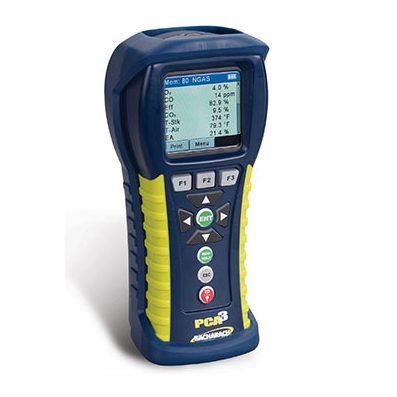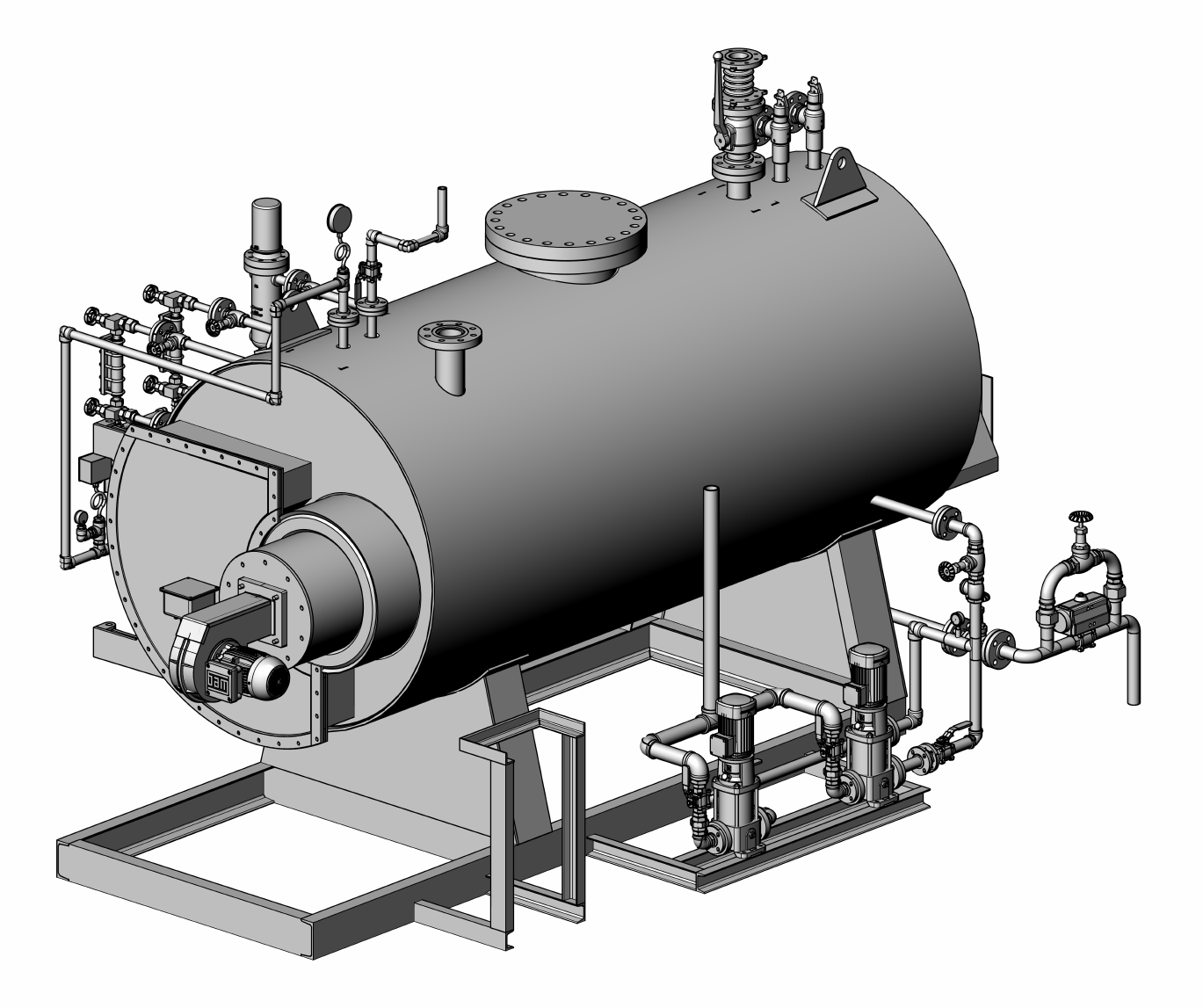If you haven’t performed a boiler tune-up yet this season, there’s still time—and it’s the perfect chance to make the most of a combustion analyzer. These powerful tools provide a comprehensive look at your boiler’s combustion efficiency and emissions, helping you optimize performance and ensure safety.
What is a Combustion Analyzer?
A combustion analyzer is a handheld device used to measure the efficiency and safety of fuel-burning equipment like boilers, furnaces, and water heaters. It analyzes flue gases—such as oxygen (O₂), carbon monoxide (CO), carbon dioxide (CO₂), and nitric oxides (NOx)—to determine how effectively fuel is being burned.
This helps technicians optimize the air/fuel ratio, improve energy efficiency, and detect dangerous levels of harmful gases, ensuring safe and reliable system operation.

Source : CUNY BPL

Source: CUNY BPL
Why Facilities Managers should use a combustion analyzer:
- Improve energy efficiency: Monitor how effectively fuel is being burned.
- Detect: Dangerous gases like carbon monoxide.
- Preventive Maintenance: Use the combustion analyzer during tune-ups and boiler start-ups to understand how your system is running.
Benefits of Using a combustion analyzer:
- Reports: Generate maintenance logs by printing directly from analyzer.
- Emission Compliance: Track levels of gases to meet air quality regulations.
- Fault detection: Detect blocked flues and improper drafts.
You can check out our equipment library to find a Combustion Analyzer suitable for your application by using the various filters and search functionality. For more guidance on equipment suitable depending on the application, see our measurement guides.